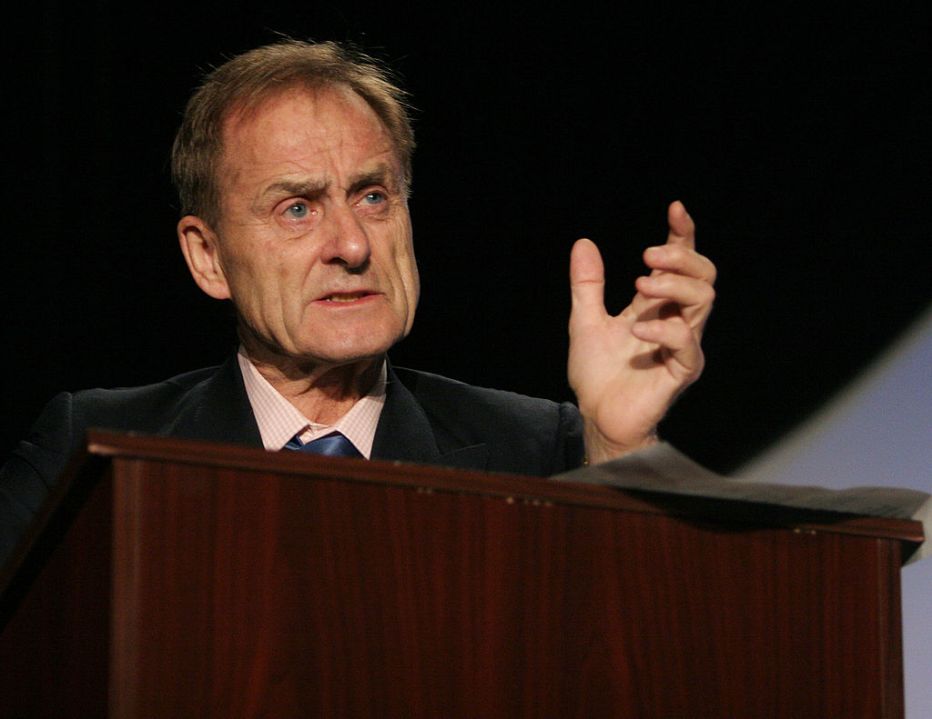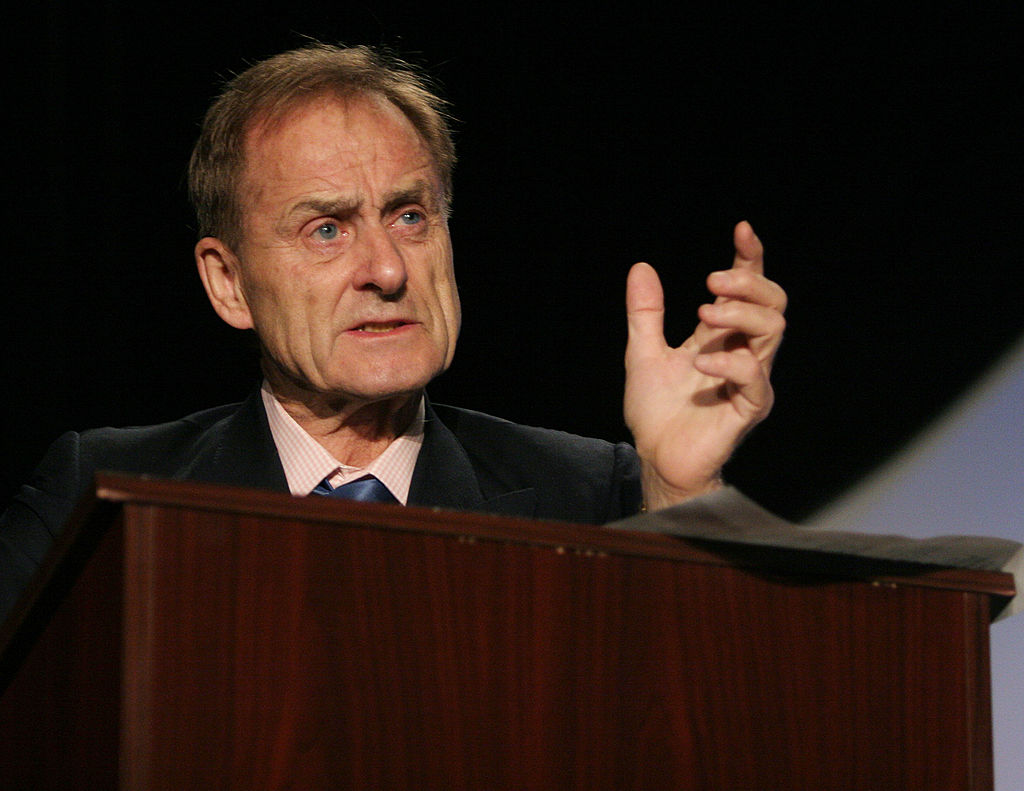The death of Harold Evans last night will mean tomorrow’s newspapers will be rightly filled with tributes to a pioneering editor. But he left the Sunday Times 40 years ago and did a lot more with his life than his 16 years in the editor’s chair. Specifically, he wrote about his trade, to share what he knew with others. The great lie about journalism (and about writing) is that you can’t learn it, that you’re either born with the gift or you’re not. That you either have the connections to get you into the industry, or you don’t.
Evans was born with talent, and plenty of it, but he started work for a newspaper aged 16, he taught himself shorthand and when he ended up editor of the Sunday Times – imported from a career in regional press – he found himself in another world. He asked himself what tools he’d have liked as he worked his way up, and set about putting his experience into books so others could find it easier to learn. I’d recommend them to anyone interested in journalism now. These are unglamorous books, ones that would not be hailed at any glitzy launch: they could have been written for a younger version of himself.
Perhaps his most useful book, and one I still consult (and hand out) regularly, is Essential English for Journalists, Editors and Writers. To study this book after graduating from university might seem odd, like going back to GCSE. But as Evans points out, professional writing means relentless focus on these basics. His book is the best single guide in doing so.
Then there’s his gift to the tiny number of people in my particular line of work: a five-volume set on editing, headlines and design. Hugely technical books that I suspect sold very few copies, but are useful long after the smelly Linotype machines and gigantic manual typewriters had left the newsroom. His 1998 book The American Century is perhaps the best illustrated introduction to the country and its culture: and, again, I’d recommend it to anyone who wishes they knew America a bit better, so they can join the dots of its history and culture. Evans knows the power of pictures to tell a story, which is why The American Century is, for all its brevity on each topic, so powerful.
Harold Evans didn’t just embody social mobility in his profession, he made sure he left a stronger ladder for others to follow. It’s just a part of his legacy, but one that deserves to be remembered as we look back on an extraordinary life.








Comments